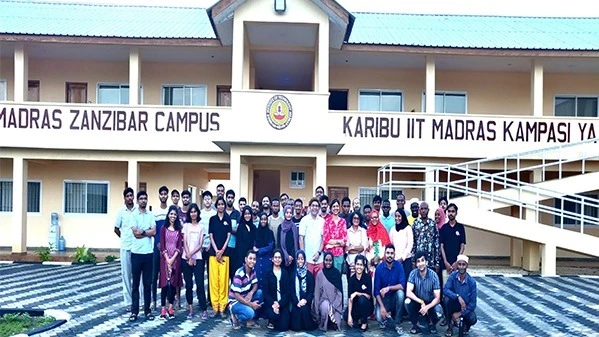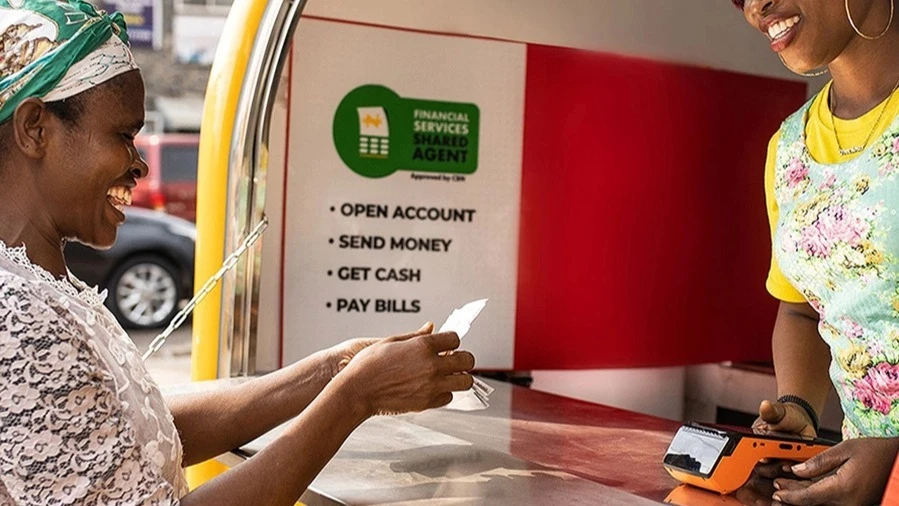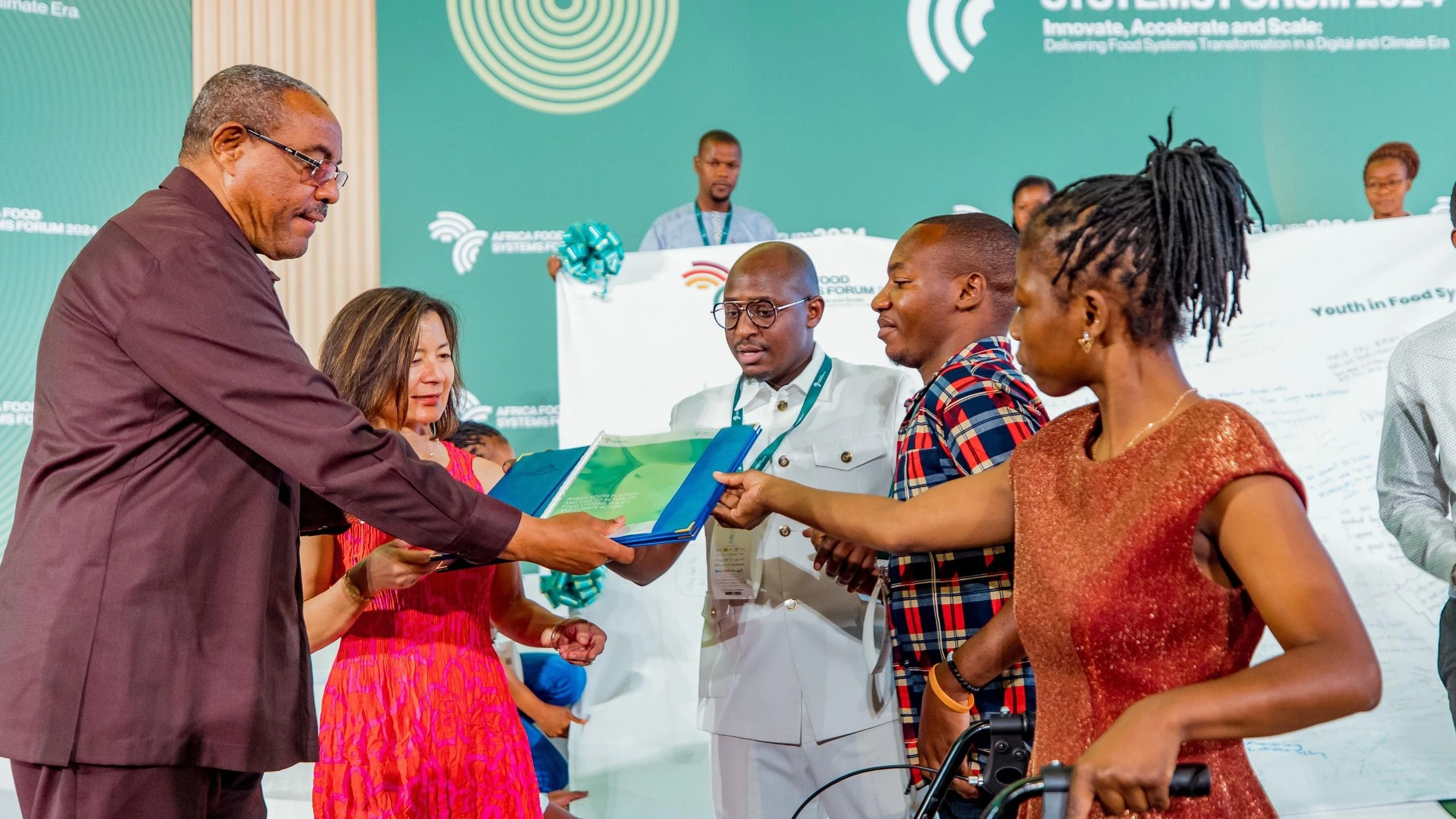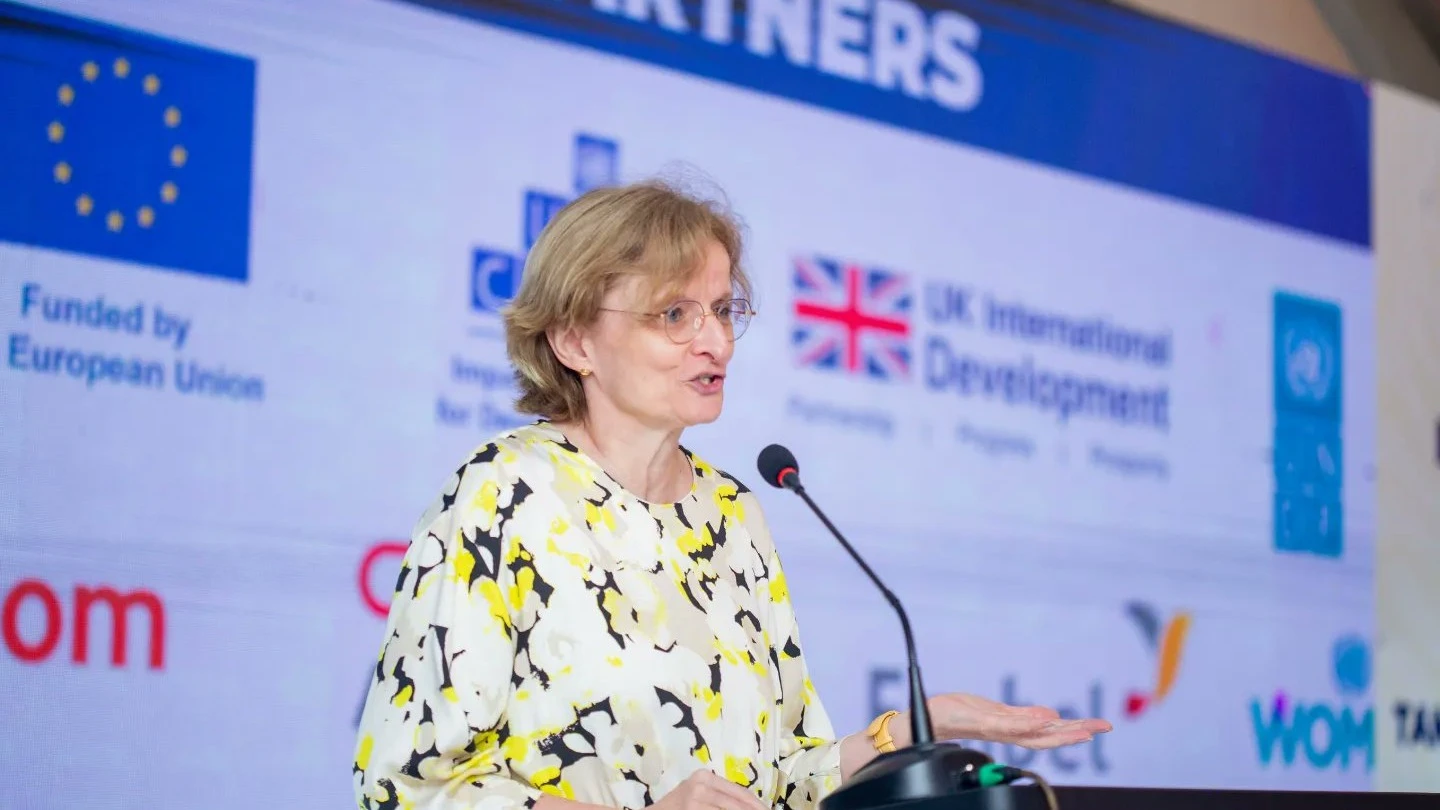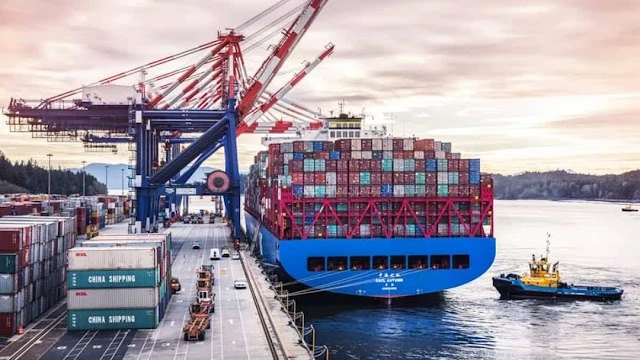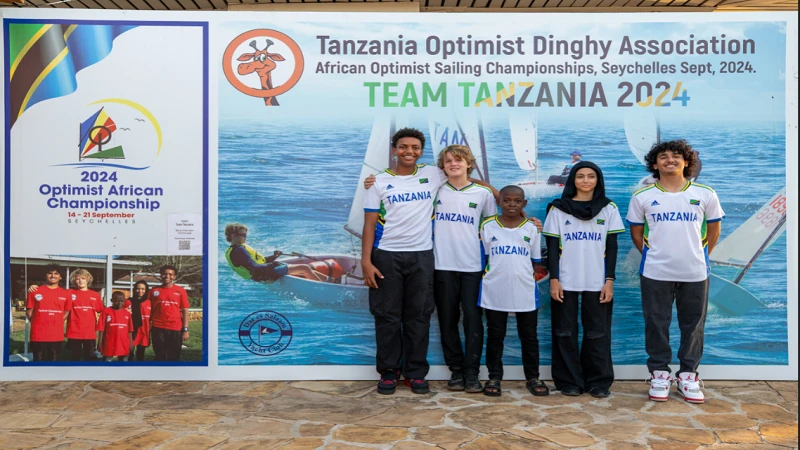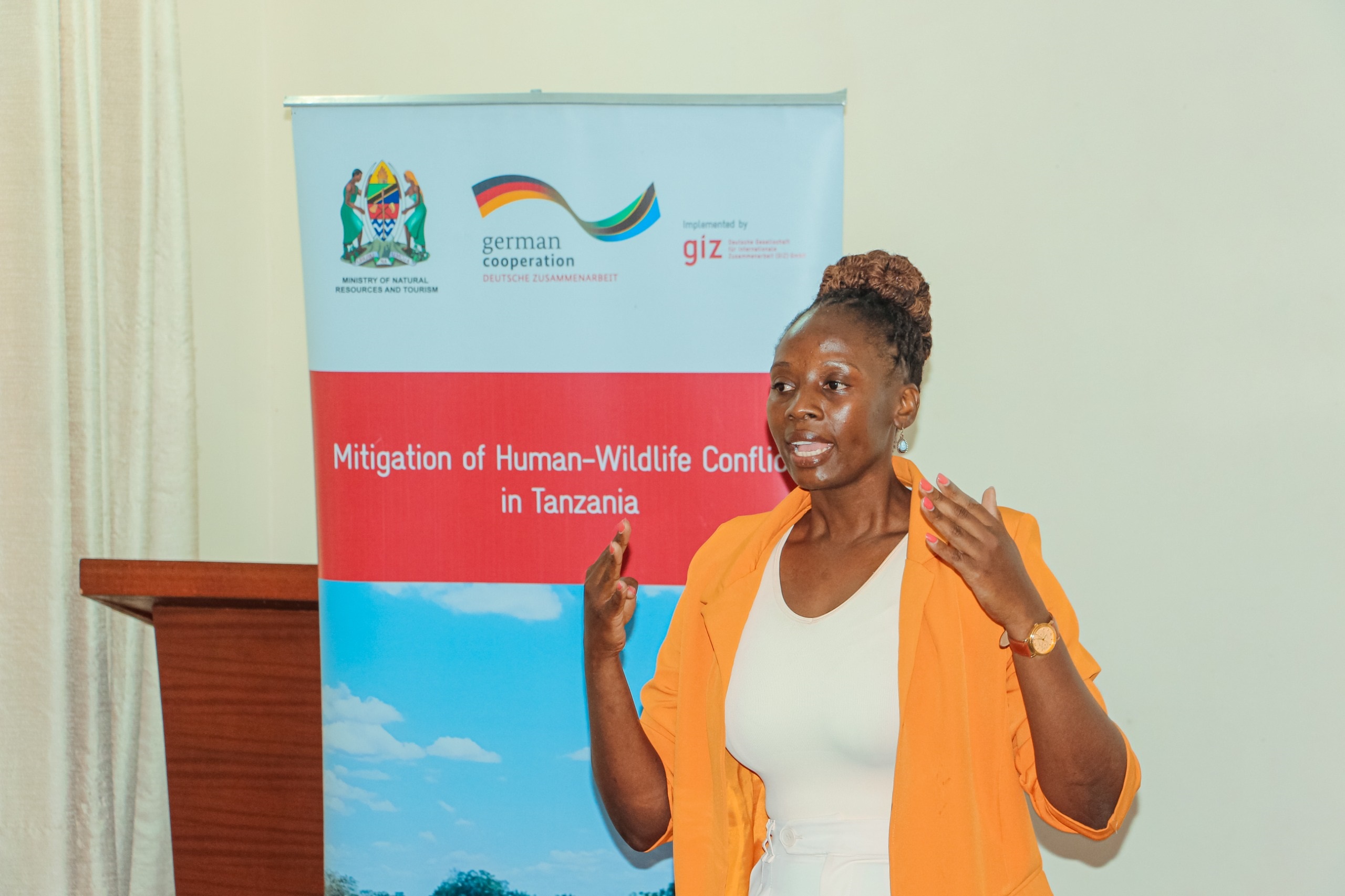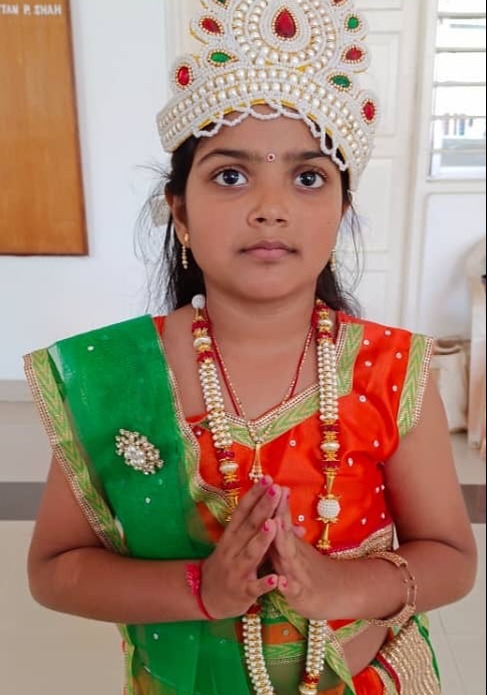VP adopts optimistic tone as EAC experts scan education
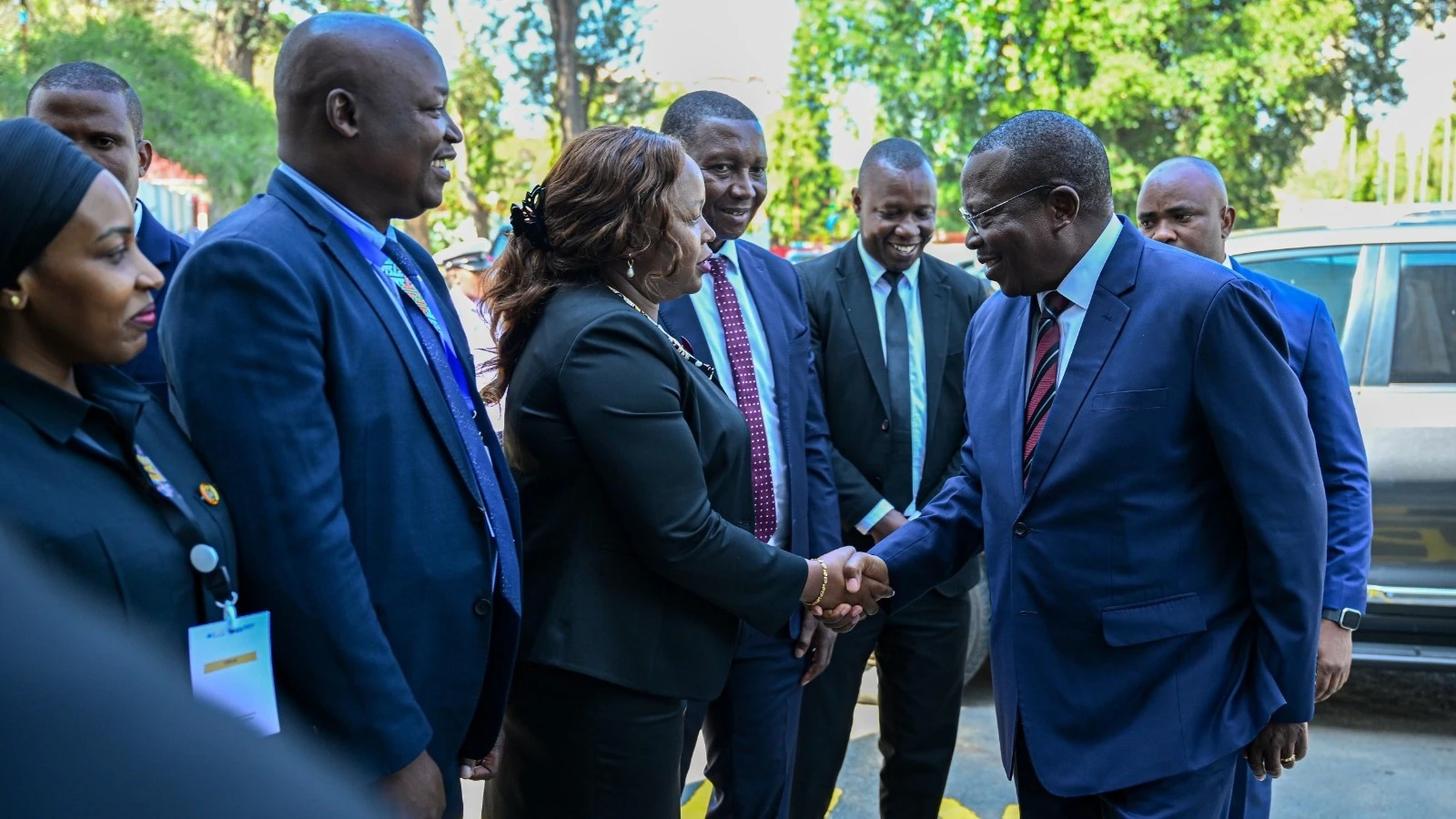
VICE President Dr Philip Mpango has called for concerted efforts to address challenges facing education systems in the East African Community (EAC) zone, citing access to education, its quality, teaching capacities, financing, learning and integrating recent technologies.
Dr Mpango made the call in Dar es Salaam yesterday when officiating at the opening of the EAC education conference, themed: “Educate an African Fit for the 21st Century,” examining collective action for quality, inclusive and life-long learning in East Africa. “It resonates with and underscores some of the pertinent issues and challenges facing the region,” he stated.
Other issues include digitalization of education systems and coping with emerging issues in education, like the development of artificial intelligence and greening education.
An online entry says that the greening education partnership is a global initiative that takes a whole-of-system approach to support countries to tackle the climate crisis by harnessing the critical role of education.
“We must confront and overcome these challenges in the education sector and highlight the measures that Tanzania is taking in this regard,” he said, pointing out that East Africa, like the rest of Africa, has a very youthful population and shows some of the highest fertility rates in the world.
“This population structure and dynamics can be a huge blessing. It means that we will continue to have a young and dynamic population to build our economies,” he stated, underlining that if we harness our human resources fully, we will enjoy the fruits of our youthful population through what is called the demographic dividend.
“To enjoy the demographic dividend, we must significantly invest in the education and health of our children. High fertility rates in our countries imply that we must set aside more resources, both financial and human; to cater to the ever-expanding needs for quality education and health,” he emphasized.
World Bank estimates indicate that Africa has the largest return on education compared to other continents, where for each additional year of schooling, the average earning of the youth rises by up to 14percent, he said.
Unfortunately, in the EAC region and the entire Sub-Saharan Africa, education remains highly underfunded, he affirmed, pointing at a recent World Bank index that gives a score reflecting the human capital attainment of a country, largely reflecting investment in education.
Using this index, Sub-Saharan Africa has the lowest score of all regions in the world, scoring an average of 0.4 compared to the global average of 0.57, he said, noting that in the EAC, six member states have a human capital index score falling below the 0.4 average score for the wider region.
“This is a very gloomy picture. It is also a call for action. Fortunately, there is a renewed focus on education both globally and regionally. The 2022 Transforming Education Summit in New York, was an initiative in the right direction,” the VP declared.
“The 2024 Africa Year of Education is a reminder of the urgent need for us to take action. In all of our efforts, we must remember that the challenges of education in Africa stem largely from under-investment in the sector, which makes it very difficult to offer quality education infused with the necessary skills to cope with population structure and dynamics, globalization and technological development.”
“The challenges that we are facing must inspire us to work harder. In Tanzania, the government has initiated major reforms in the education sector to further promote access, improve quality and infuse necessary skills into our youths.
“Currently, compulsory schooling in Tanzania is seven years. We have resolved that by the year 2027/28 it will be compulsory for each child to be in school for ten years.”
“Further, we have undertaken a major curriculum review to improve the quality of education and also to take on board such developments as digital transformation and other new technological developments,” he said.
“Within the education system, we have divided secondary education into two streams, one focusing on general education and the other on vocational education. To this end, we will have some students who will graduate with both a secondary school certificate and also a vocational training certificate.
“We are doing this to ensure that our education system offers sufficient opportunities to those students whose aptitude is more on skills, rather than just academic pursuit. We did this, cognisant of the fact that one of the impediments to attracting investments in our country is the lack of sufficient skills.”
He further asserted that these reforms will also involve more investment in education infrastructure like classrooms and teachers’ houses, improvement in the teaching environment, improving the quality and quantity of teachers, and ensuring availability of teaching aids and materials such as books and computers.
The overall aim is to improve quality, expand access and ensure that education is relevant in this world of globalisation and rapid technological progress, he stated.
Educational reforms embarked upon will surely require massive financial commitments, he affirmed, hailing President Samia Suluhu Hassan is determined to ensure that the country forges ahead with this reform agenda.
The president has directed that significant resources be set aside to ensure that this reform package is implemented successfully, he added.
Top Headlines
© 2024 IPPMEDIA.COM. ALL RIGHTS RESERVED








